
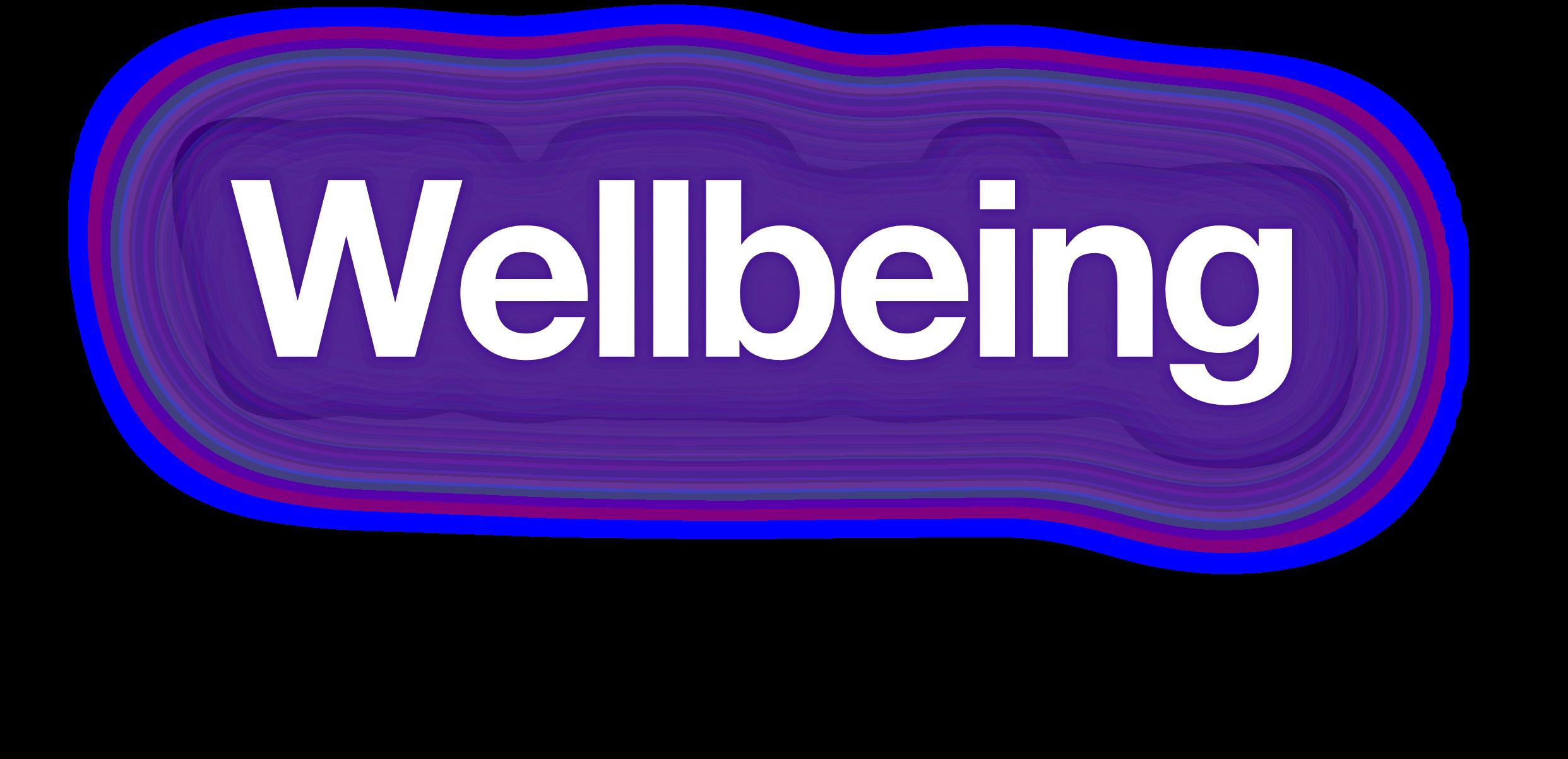
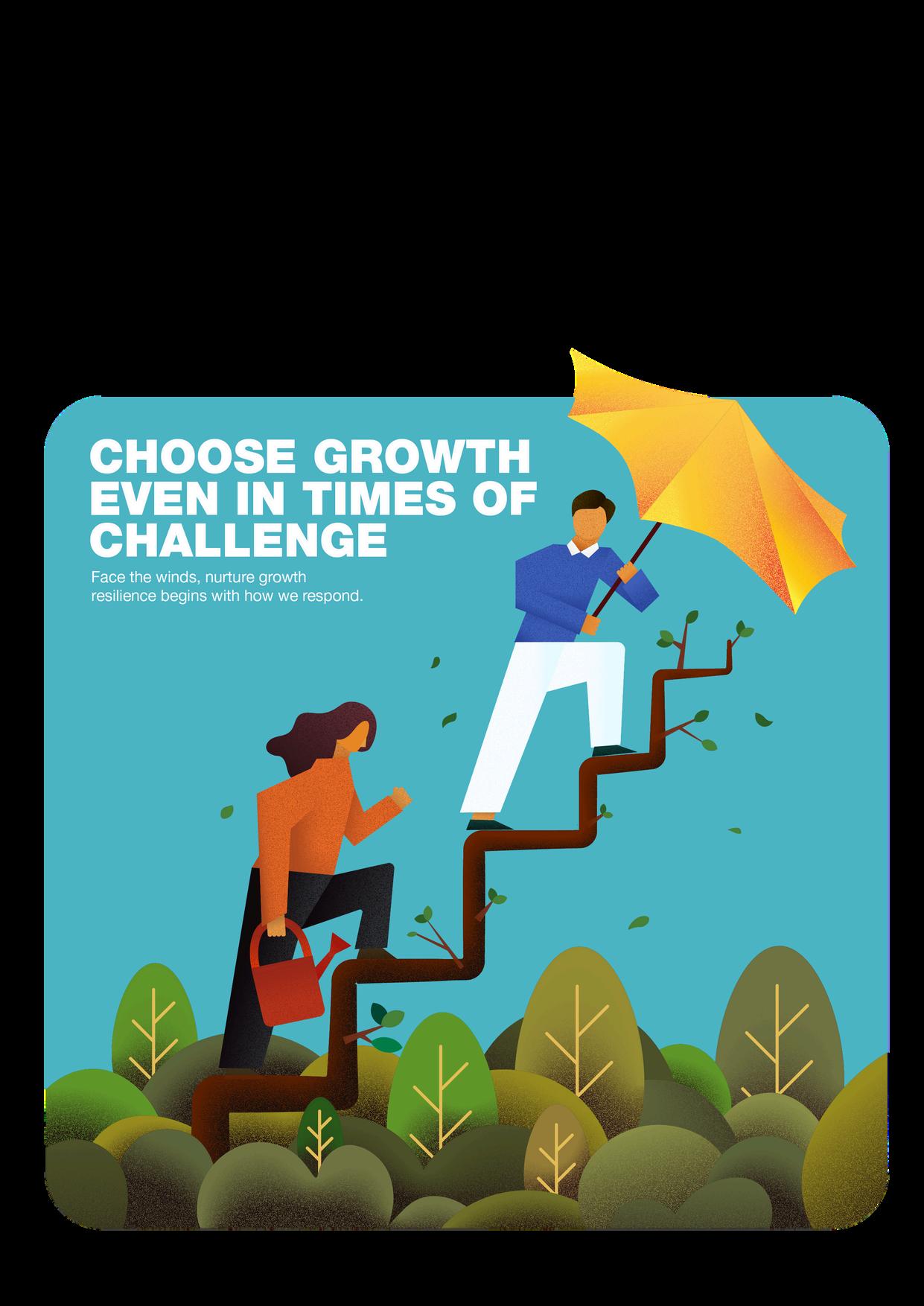










September is the perfect time to reset. With summer behind us and routines kicking back in, it’s a chance to refocus your energy on personal growth and mental strength.
This month is all about progress. Whether it’s learning a new skill, adapting to change, or supporting someone through a tough time, the goal is the same: keep moving forward. Lifelong learning isn’t just about gaining knowledge. It’s about staying sharp, curious and ready to handle whatever comes next.
With Suicide Prevention Day reminding us how important connection and support really are, and Macmillan’s Coffee Morning giving us a way to take action for others, this is a moment to be intentional with how we grow and give.
Small steps every day lead to big shifts Learn something Talk to someone Build habits that make you more resilient.
- Brené Brown

Every year, communities across the UK come together for the Macmillan Coffee Morning, a heartwarming event dedicated to raising funds for Macmillan Cancer Support. This initiative started in 1990 and has grown to become one of the largest and most beloved fundraising events in the country It’s a day where people gather over coffee and cake to support those affected by cancer, fostering a sense of community and solidarity
The first official Macmillan Coffee Morning was a simple affair, where guests gathered over coffee and made donations to the charity. The idea quickly caught on, and by 1991, it became a national event Today, it is celebrated in homes, workplaces, schools, and community centres across the UK, raising millions of pounds each year to support cancer patients and their families
Whether it’s a small gathering with friends or a larger community event, hosting a Coffee Morning is a great way to contribute. Macmillan provides a free Coffee Morning Kit, which includes everything you need to get started, from invitations to cake decorations.
If hosting isn’t your thing, you can still support the cause by attending a local Coffee Morning It’s a wonderful opportunity to meet new people, enjoy delicious treats, and contribute to a worthy cause.
Even if you can’t attend or host an event, you can still make a difference by donating directly to Macmillan Cancer Support. Every penny counts and goes a long way in providing essential services to those in need

Cancer is a disease that touches nearly everyone, either directly or indirectly Macmillan Cancer Support provides essential services to those affected by cancer, including medical, emotional, and financial assistance
The funds raised during the Coffee Morning help Macmillan continue their vital work, ensuring that no one has to face cancer alone



The funds raised during Macmillan Coffee Mornings have a profound impact on the lives of cancer patients and their families. Here are some ways your contributions make a difference:

Medical Support Emotional Support
Macmillan nurses and healthcare professionals provide expert care and guidance to patients throughout their cancer journey

Cancer can be an incredibly isolating experience. Macmillan offers counselling and support groups to help patients and their families cope with the emotional challenges

Assistance
The financial burden of cancer treatment can be overwhelming. Macmillan provides financial advice and grants to help ease this burden




One of the most inspiring aspects of the Macmillan Coffee Morning is the stories of hope and resilience that emerge People from all walks of life share their experiences, creating a tapestry of support and understanding These stories remind us of the strength of the human spirit and the importance of coming together in times of need
The Macmillan Coffee Morning is more than just a fundraising event; it’s a celebration of community, compassion, and hope By participating, you are not only helping to raise vital funds but also showing solidarity with those affected by cancer So, brew a pot of coffee, bake some cakes, and join the nation in supporting Macmillan Cancer Support We can make a difference, one cup at a time.




Every year, on 10th September, the world comes together to observe Suicide Prevention Day This day serves as a poignant reminder of the importance of mental health and the urgent need to address the global issue of suicide It is a day to reflect, raise awareness, and take action to support those who may be struggling
Suicide is a complex and multifaceted issue that affects individuals, families, and communities worldwide. According to the World Health Organisation (WHO), approximately 700,000 people die by suicide every year, making it one of the leading causes of death globally. Having thoughts about suicide is more common than you may expect, with 1 in 5 people in the UK will think about suicide in their lifetime, as reported by Adult Psychiatric Morbidity Survey (APMS).
These statistics highlight the critical need for effective prevention strategies and support systems.

One of the most significant barriers to suicide prevention is the stigma surrounding mental health. Many people feel ashamed or embarrassed to seek help, fearing judgement or misunderstanding This stigma can prevent individuals from accessing the support they need, leading to feelings of isolation and hopelessness
To combat this, it is essential to foster an environment where mental health is openly discussed and prioritised. Encouraging conversations about mental wellbeing, sharing personal stories, and promoting understanding can help break down these barriers. By normalising mental health discussions, we can create a supportive community where individuals feel safe to seek help.

Awareness and education are crucial components of suicide prevention
Recognising the warning signs of someone in distress can make a significant difference Some common signs include:
Withdrawal from friends and family
Changes in behaviour or mood
Expressing feelings of hopelessness or worthlessness
Talking about death or suicide
Sudden changes in sleep patterns or appetite
If you notice these signs in someone, it is important to reach out and offer support Sometimes, a simple conversation can provide the reassurance and connection that someone needs to feel less alone
When talking to someone about suicide, it’s crucial to stay calm and listen without judgement
Take their feelings seriously and ask open questions to understand their situation better. Some examples of open questions include:
Can you tell me more about what you’re going through? How long have you been feeling this way?
What thoughts have you been having?
How does this situation make you feel?
Avoid offering platitudes or trying to fix everything immediately Instead, empathy and listening is key reflect on what they say and clarify their meaning without jumping to solutions
Never minimise their feelings or dismiss their experiences. Give them space and time to express themselves, and if they can’t talk right then, arrange another time. It’s okay not to have all the answers; being honest and showing you care can be incredibly empowering for somebody thinking about suicide

Supporting someone who may be experiencing suicidal thoughts can be challenging, but it is crucial Here are some ways to offer support:
Allow the person to express their feelings without interrupting or offering immediate solutions
Regular check-ins can provide ongoing support and show the person that they are not alone
Encourage Professional Help
Suggest seeking support from mental health professionals, such as counsellors or therapists
Understanding more about mental health and suicide can help you provide better support

Prevention also involves promoting overall mental wellbeing Encouraging healthy lifestyle choices, such as regular exercise, a balanced diet, and sufficient sleep, can have a positive impact on mental health. Additionally, fostering strong social connections and engaging in activities that bring joy and fulfilment can help build resilience against mental health challenges
Suicide Prevention Day is a vital reminder of the importance of mental health and the need for collective action. By breaking the stigma, recognising the signs, providing support, and promoting wellbeing, we can make a difference for those who may be struggling

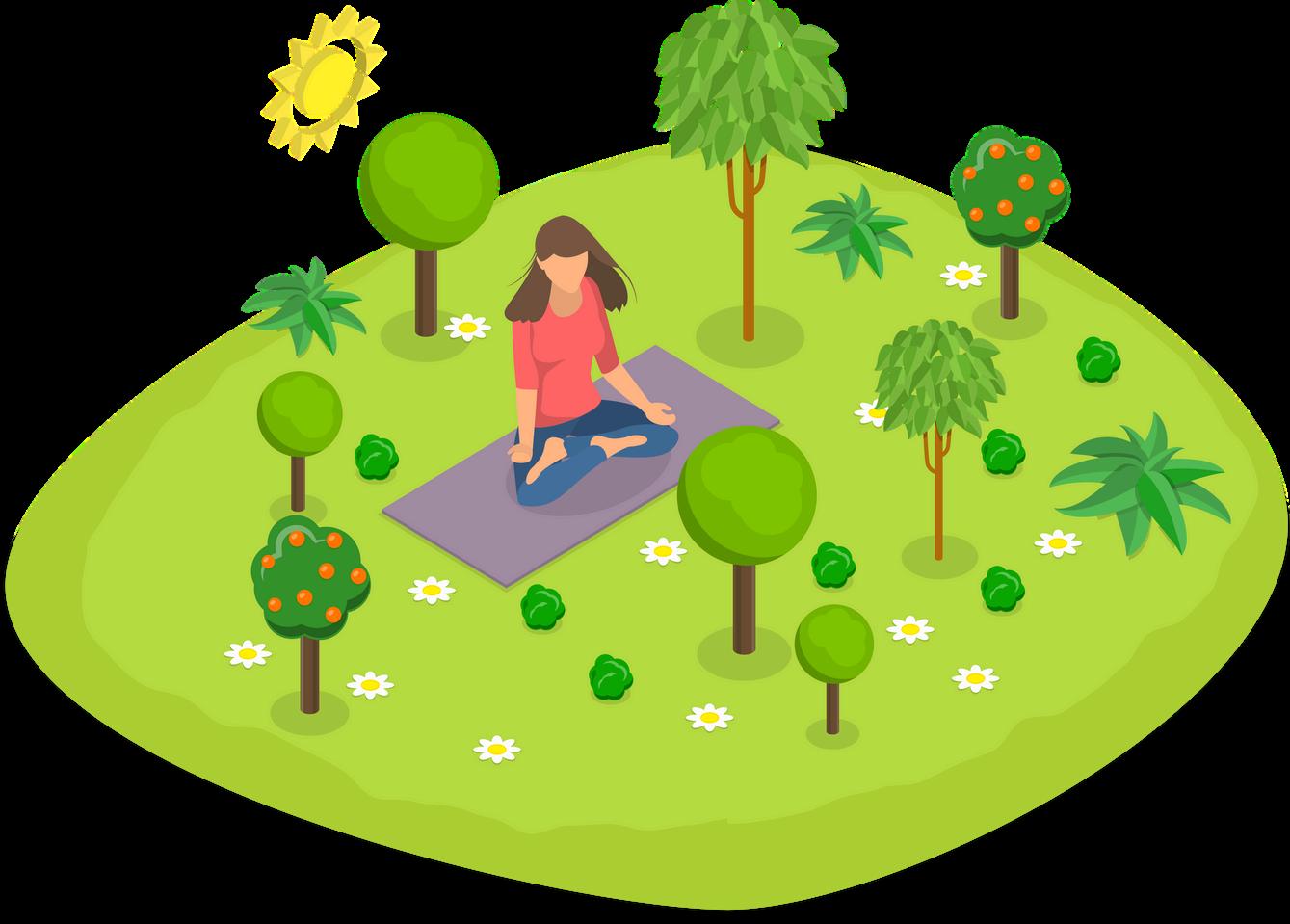
Change, whether expected or sudden, can significantly impact your mental wellbeing. From major life transitions like a job change or moving home, to personal losses or unexpected events, managing these shifts can challenge emotional balance. Developing effective coping strategies is crucial to maintaining mental health during periods of change.
A key strategy for coping with change is building emotional resilience. Studies indicate that people with greater resilience tend to adjust more effectively to life transitions and are less likely to endure extended periods of distress Resilience combines positive thinking, effective problem-solving, and emotional regulation. By learning to view challenges as opportunities for growth, you can develop a more optimistic mindset, which helps reduce the emotional strain that often accompanies change
Self-care practices play a key role in coping with change. Studies have demonstrated that regular exercise, a balanced diet, and sufficient sleep can improve mood and reduce stress
Moreover,mindfulness-based interventions, such as meditation and deep-breathing exercises, have been found to improve anxiety and depressive symptoms by promoting present focused awareness. These practices can help you to stay grounded, reducing that mental overwhelming feeling that often accompanies major life shifts

Social support is also critical when navigating change Research highlights that individuals with strong social connections experience lower stress levels and are better equipped to manage life transitions. Sharing feelings and concerns with your friends, family, or professionals can provide emotional relief and help you to gain new perspectives on difficult situations.

Resilience (apa org)
Finally, concentrate on factors within your control Psychologists recommend recognising the elements of a situation you can influence and releasing the need to control what’s beyond your reach. This approach encourages a sense of empowerment and minimises feelings of helplessness By adopting problemfocused coping, you are more likely to experience improved mental health outcomes.
Building resilience, prioritising self-care, and seeking support are all essential steps to navigating change in a healthier, more adaptive manner.
https://www.health.harvard.edu/exercise-and-fitness
Effectiveness of Mindfulness-Based Stress Reduction on Mental Health and Psychological Quality of Life among University Students: A GRADE-Assessed Systematic Review - PMC (nih gov) How to deal with stress: Insight from Mayo Clinic experts - Mayo Clinic Press Stop Trying to Control Everything and Focus on

In today’s fast-moving professional landscape, change is more than inevitable it’s constant Whether it’s a company restructure, shifting team dynamics, or adopting new technologies, the workplace is a hub of transformation As the Roman philosopher Marcus Aurelius said, “Change is the only constant ” So how do we cope and thrive amidst so much flux?
Understanding how we process change is the first step The Change Curve, developed from Elisabeth Kübler-Ross’s work on grief, helps map our emotional journey through transitions. Initially, we may experience shock or resistance. These are valid and natural reactions. But with time, support, and selfawareness, we can move toward acceptance, exploration, and growth.
Resistance isn’t failure it’s human. The discomfort that accompanies change often stems from uncertainty and fear of loss But reframing this resistance as a signal, not a stop sign, empowers us to move forward When we acknowledge our discomfort without judgment, we open the door to possibility A key strategy in embracing change at work is adopting a growth mindset Instead of seeing change as a threat, ask: What can I learn here? By framing problems as challenges, we tap into curiosity, resilience, and even creativity

Leaders who model this mindset help their teams feel safer, more empowered, and more capable of navigating uncertainty Resilience is another essential trait and the good news is, it’s not innate It can be practiced and developed Think about how you recover from personal setbacks Maybe you step back, reassess, seek support, or try again from a different angle Those same tools are powerful in the workplace too

Focus on what you can control
Set
achievable goals.



Protect your wellbeing: rest, reflect, and reset regularly.
Organisational change will keep happening But how we respond individually and collectively can define the health and resilience of our workplace culture When we normalise emotional responses, foster open dialogue, and support each other’s growth, we create not only adaptable teams, but stronger and more compassionate ones
Expand your knowledge, sharpen your skills, and develo a lifelong learning mindset by dedicating 30 minutes eac day to personal growth throughout the month
Lifelong learning is crucial for personal growth, professional development, and maintaining mental sharpness. It can also lead to the discovery of new passions and interests.



Week 1: Setting the Stage for Learning
Day 1: Pick a new topic/skill for the month; write your goal.
Day 2: Find resources (book, podcast, course); choose one to start.
Day 3: Spend 30 mins learning (read, watch, or listen).
Day 4: Set a fixed daily learning time.
Day 5: Watch a TED Talk or documentary.
Day 6: Journal what you learned and how to use it.
Day 7: Reflect on Week 1 – insights gained, how it feels to learn again
Week 3: Expanding Horizons
Day 22: Teach someone something you’ve learned this month
Day 23: Review your original goal – adjust focus if needed
Day 24: Research future learning opportunities (courses/certifications)
Day 25: Block weekly “learning time” into your routine
Day 26: Try a new study method (mind mapping, Feynman, spaced repetition).
Day 27: Learn in a new environment (library, museum, café).
Day 28: Reflect – what skills or knowledge will you keep using?
Final Days: Reflect and Plan for the Future
Day 29: Summarise your month –biggest lessons, challenges, wins Day 30: Set long-term goals; create your lifelong learning plan
Week 2: Deep Dive into Learning Week 2: Deep Dive into Learning
Day 8: Do a 30-min course or tutorial.
Day 9: Take notes, ask questions, summarise key points.
Day 10: Share what you’re learning with someone.
Day 11: Explore content from a completely different field.
Day 12: Apply your learning in a practical way.
Day 13: Test yourself with a quiz/assessment.
Day 14: Reflect on progress – how has your perspective changed?
Day 15: Learn and practise a new word/phrase in another language.
Day 16: Try a beginner hobby you’ve always been curious about.
Day 17: Watch or listen to an expert in your field.
Day 18: Study something that challenges your current beliefs.
Day 19: Step outside your comfort zone with a new activity.
Day 20: Join an online learning forum/community.
Day 21: Reflect – how has exploring new fields broadened you?




This drink combines the tartness of lemon with the sweetness of blackberries, creating a delightful and invigorating non-alcoholic beverage.












1 Prepare the Blackberries In a bowl, muddle the blackberries using a muddler or the back of a fork until they are broken down and juicy. If you prefer a smoother texture, you can also blend them until pureed
2 Make the Mocktail Base In a large pitcher, combine the muddled blackberries, lemonade, honey (if using), and the juice of one lemon. Stir well to combine.

3 Add Sparkling Water Just before serving, add the sparkling water or tonic to the pitcher. Gently stir to combine, being careful not to lose too much fizz.
4.Fill glasses with ice cubes. Pour the blackberry lemon mixture over the ice.
5.Garnish each glass with a few whole blackberries, a lemon slice, and a sprig of fresh mint
Adjust the sweetness by adding honey/agave syrup based on your preference.
You can prepare the blackberry and lemonade mixture in advance Just add the sparkling water right before serving to keep it fizzy.
Feel free to experiment with other fruits, such as raspberries or strawberries, for a mixed berry mocktail.
Serve immediately and enjoy your refreshing Blackberry Lemon Mocktail!
This Blackberry Lemon Mocktail is perfect for summer gatherings, picnics, or simply enjoying a relaxing afternoon at home! Cheers!
TAC Healthcare delivers tailored wellness programmes to boost productivity, engagement, and workplace culture while reducing absenteeism. Our targeted approach identifies early health risks, providing proactive solutions based on employee demographics and business needs.

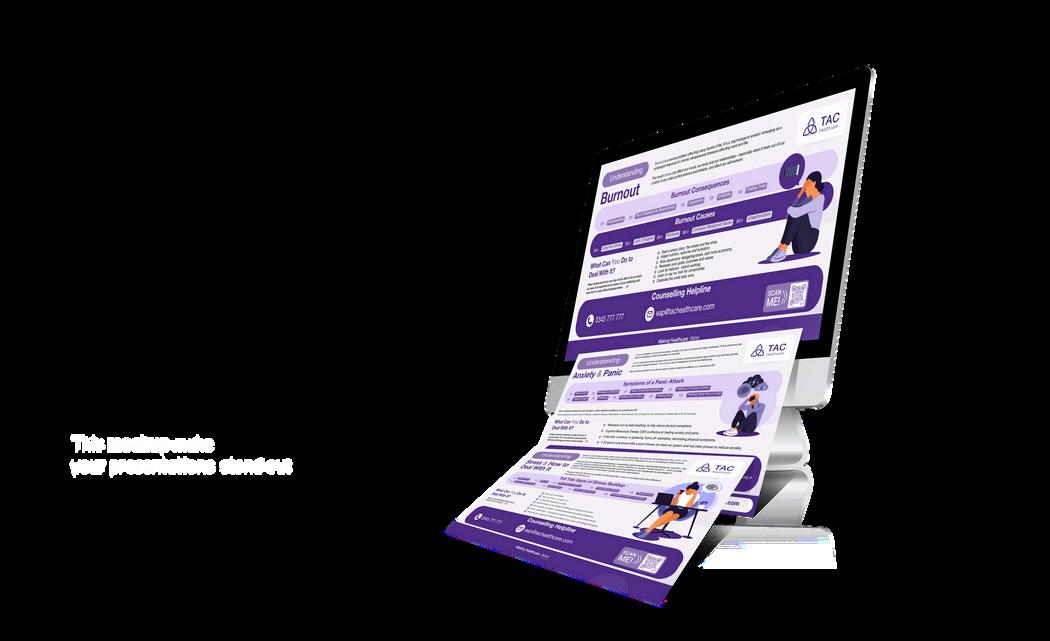
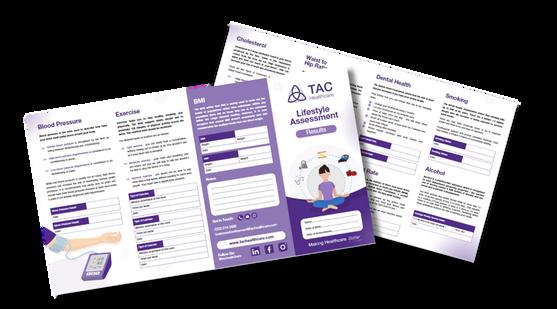












Medical Services & Prescriptions


Our private GP services offer your employees convenient video or face-to-face consultations, available as part of our iWell Pro package or as a standalone purchase. Whether it's for a routine check-up or a pressing health concern, your team can access professional medical advice without long waiting times.
iWell Essentials
Essentials offers 24/7 triage, up to four phone counselling sessions, onward referrals, marketing materials, online portal, wellness magazine, account management, reporting and implementation support


Provide your employees with personalised physiotherapy support for injury recovery, pain management, and overall physical health Available at an additional cost, our services help your team stay active, healthy, and engaged at work

Experience a truly holistic EAP with integrated mental and physical health services
Premier adds six-session counselling (video, phone, face-to-face), integrative counselling courses, couples counselling, family cover, legal and financial advice, manager support and literature
Pro includes every Premier benefit plus online GP and physiotherapy access, delivering immediate, comprehensive physical and mental wellbeing support
The iWell app and platfrom is your round the clock employee wellbeing companion, combining 24/7 phone‐based EAP support with a separate wellness app full of self‐help resources. From mental health guidance and legal support to nutrition tips, fitness advice, and more, iWell equips your workforce to thrive - both at home and in the workplace

